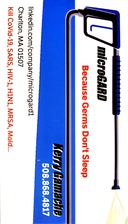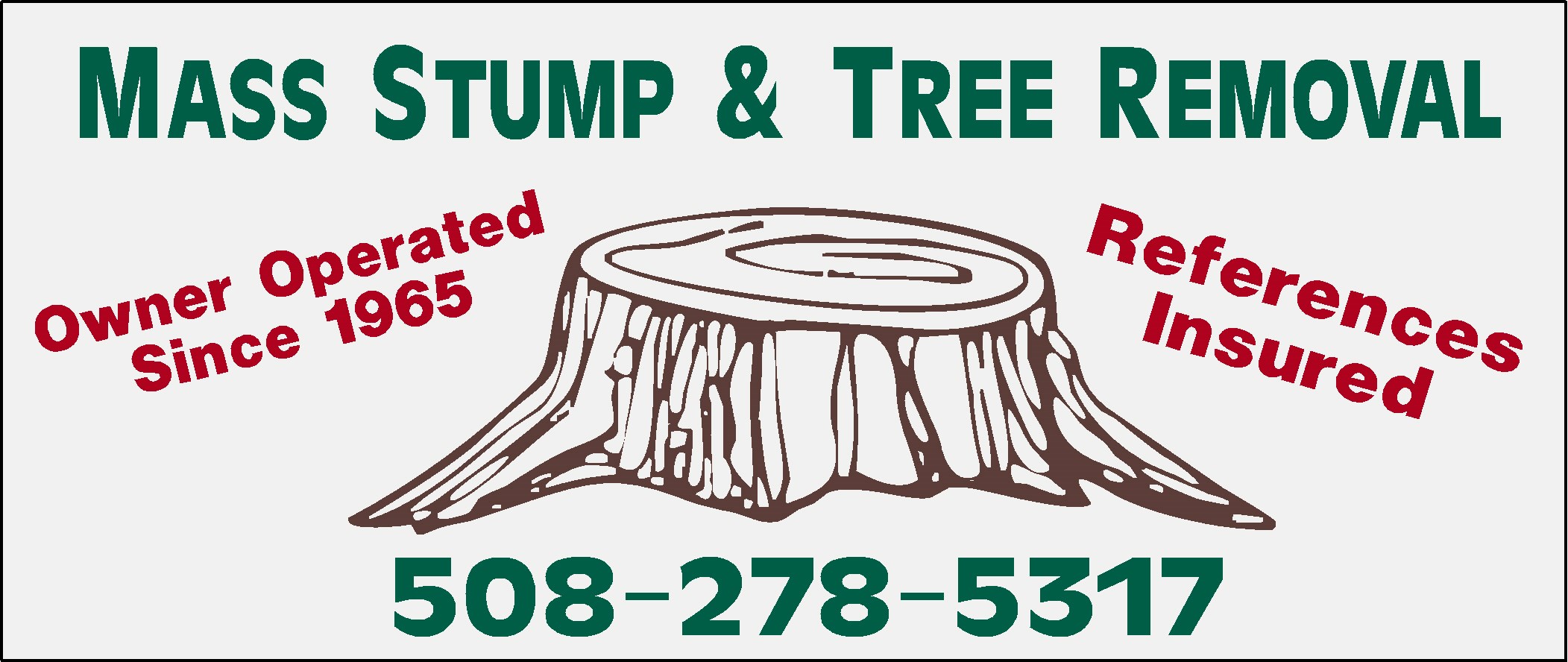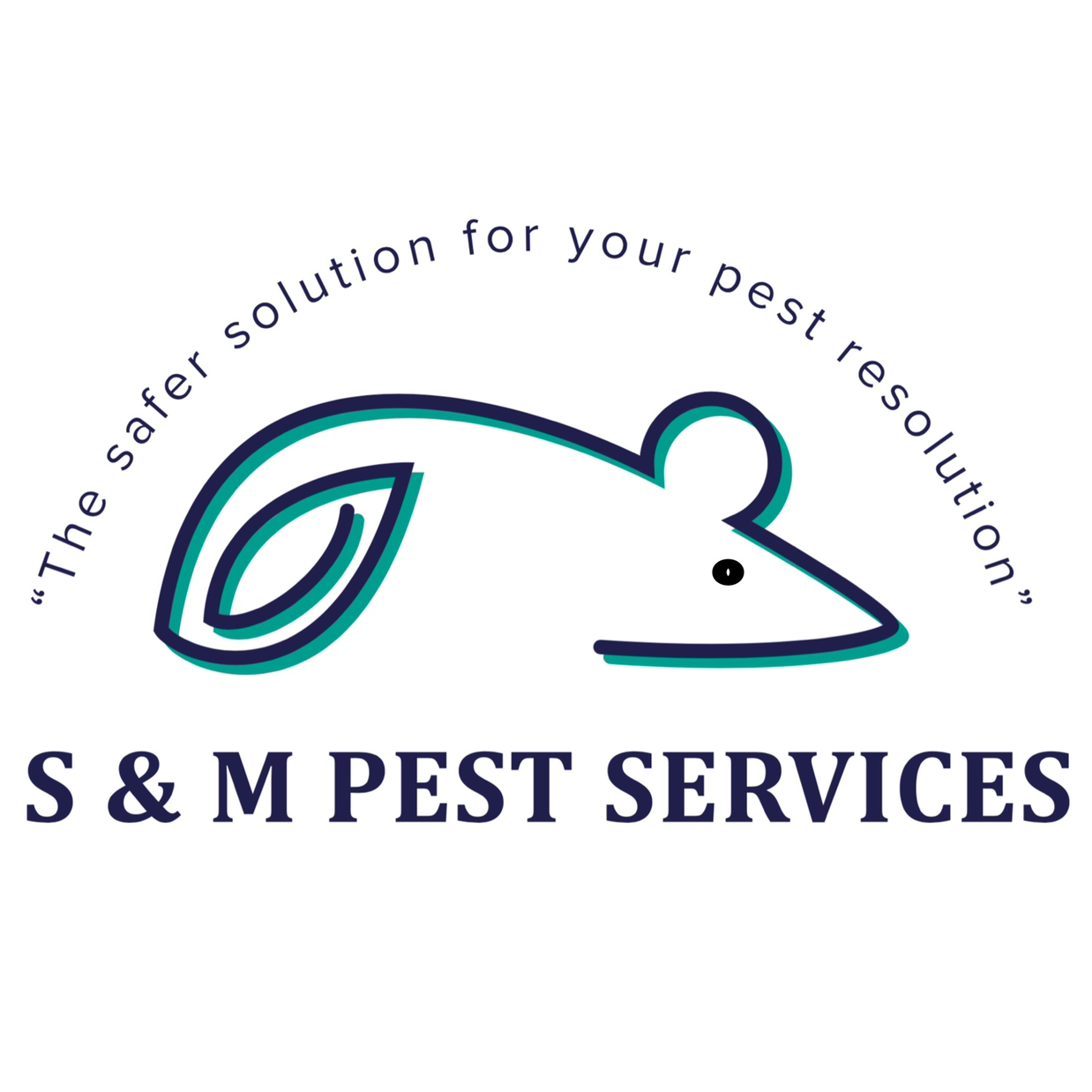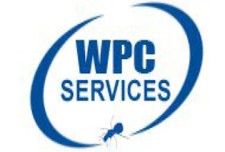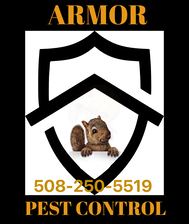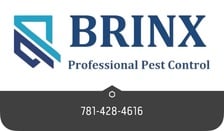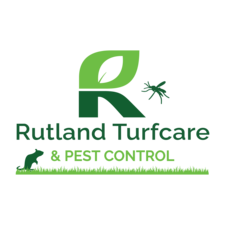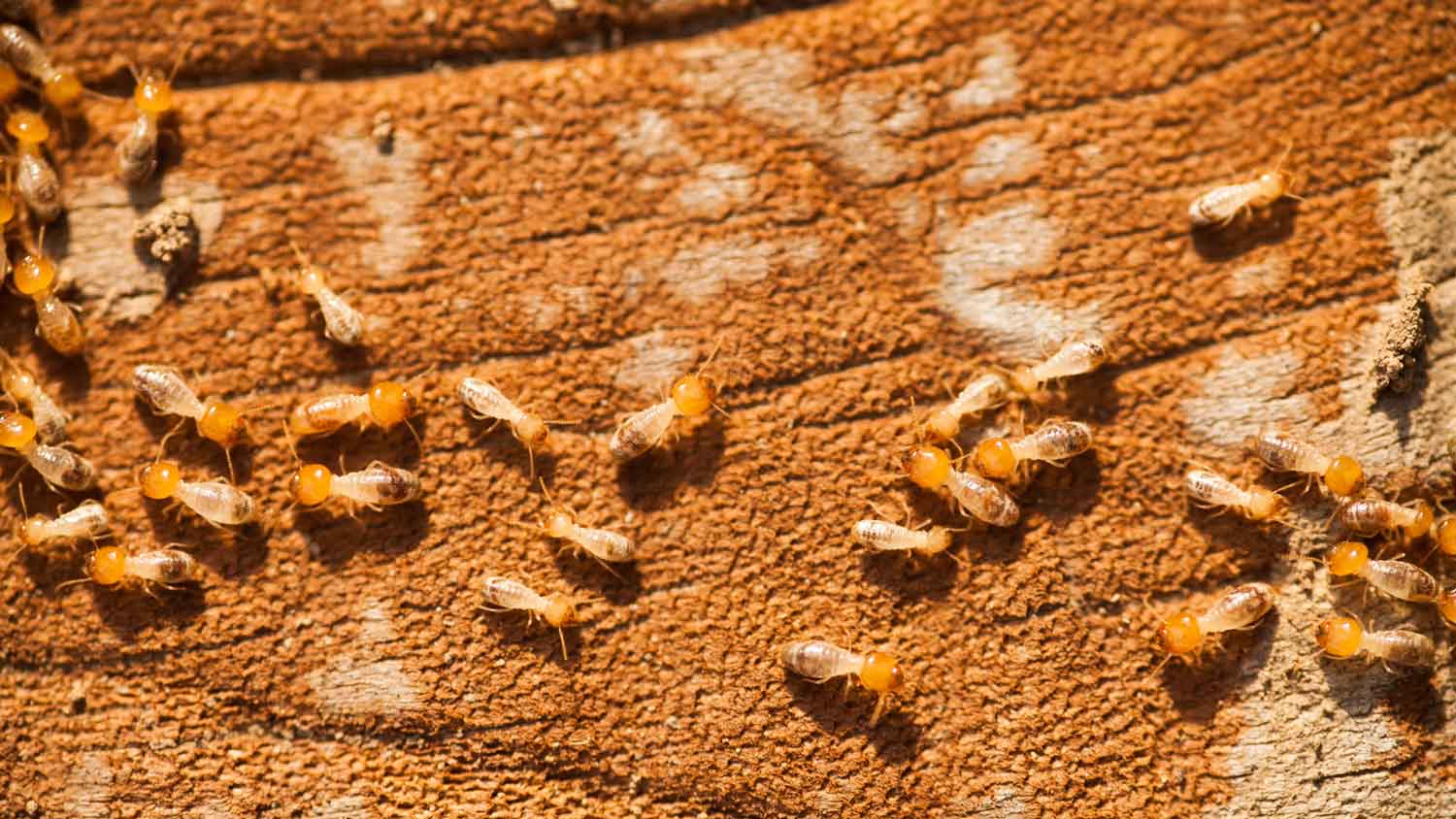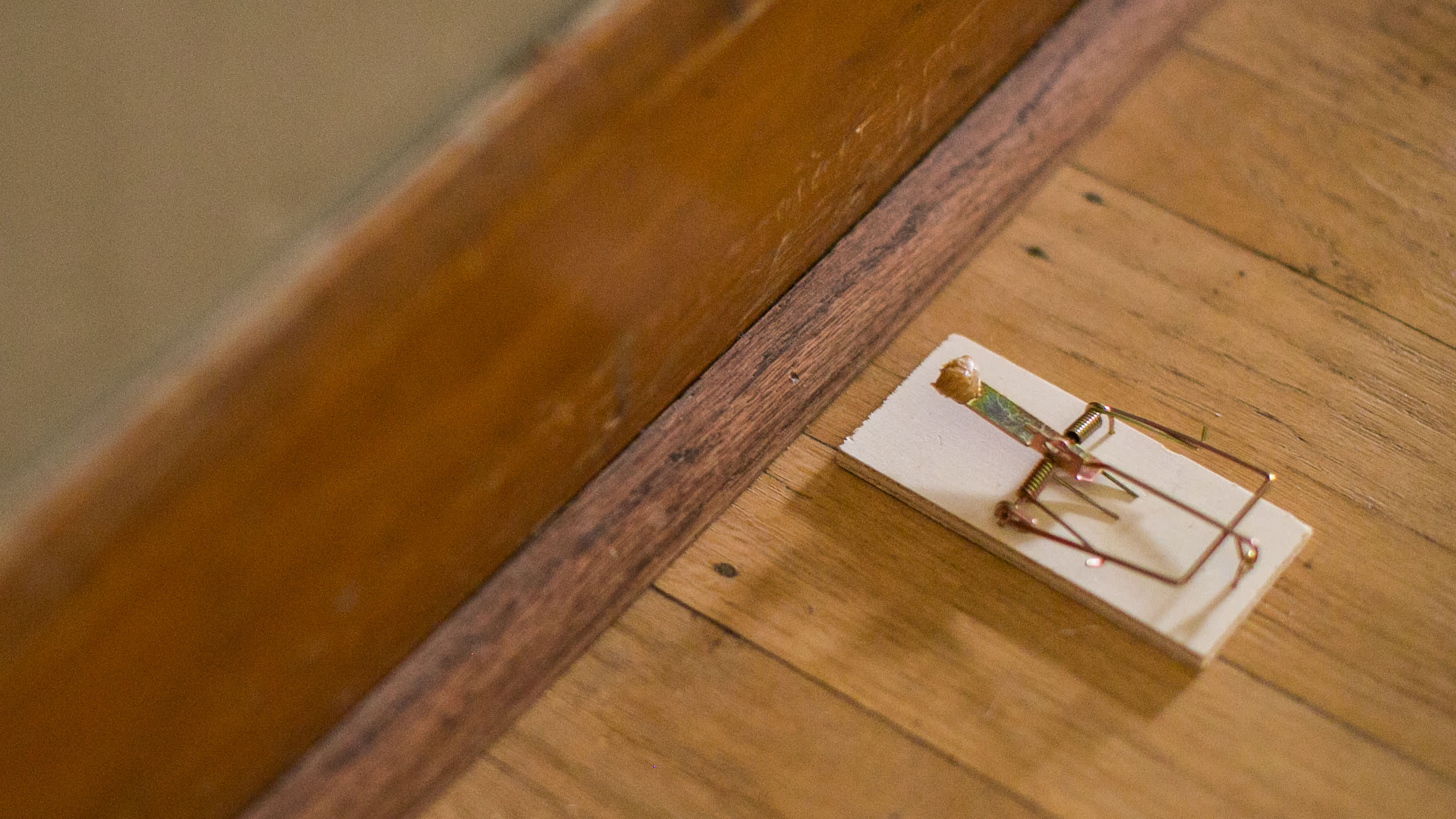
D & T Pest Control Inc
D & T Pest Control Inc
D & T Pest Control Inc is your trusted partner for all your pest control needs in Boston. With a team of highly skilled professionals, we provide effective solutions to keep your home pest-free. Contact us today for a safe and reliable service.
"Well , did return when had some concerns"
Donna M on January 2025
D & T Pest Control Inc is your trusted partner for all your pest control needs in Boston. With a team of highly skilled professionals, we provide effective solutions to keep your home pest-free. Contact us today for a safe and reliable service.
"Well , did return when had some concerns"
Donna M on January 2025





